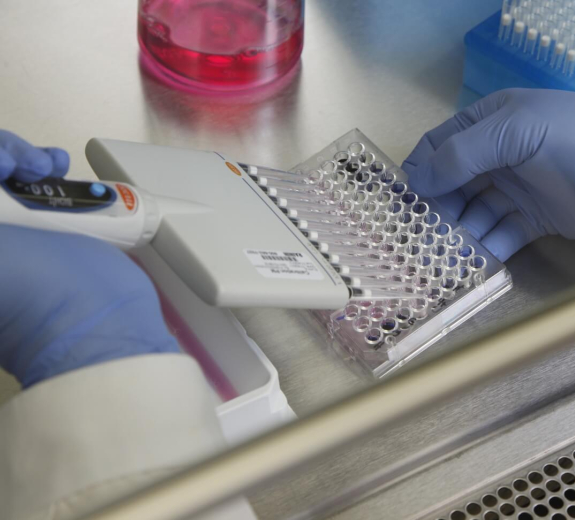“You can’t lay tracks until you know where the train is going,” says BRI Director Gerald Nepom, MD, PhD. “In immunology research, that translates into discovering what the immune system cells are doing and identifying their different roles. How committed is a cell to its process and can it be changed? Then, how can it be changed?”
BRI accelerates discovery through laboratory breakthroughs in immunology that are then translated to clinical therapies. That process begins when basic scientists ask creative questions about the immune system and how it works. They put together experiments that elicit information, and talk to other scientists at BRI and worldwide. They continually put together pieces of the immune system map. The basic scientists share their knowledge with other researchers at BRI who are experts in translating basic science into new therapies and conducting clinical research. “Having the research teams all under one roof is a very effective way of making medical advances,” says Dr. Nepom.




